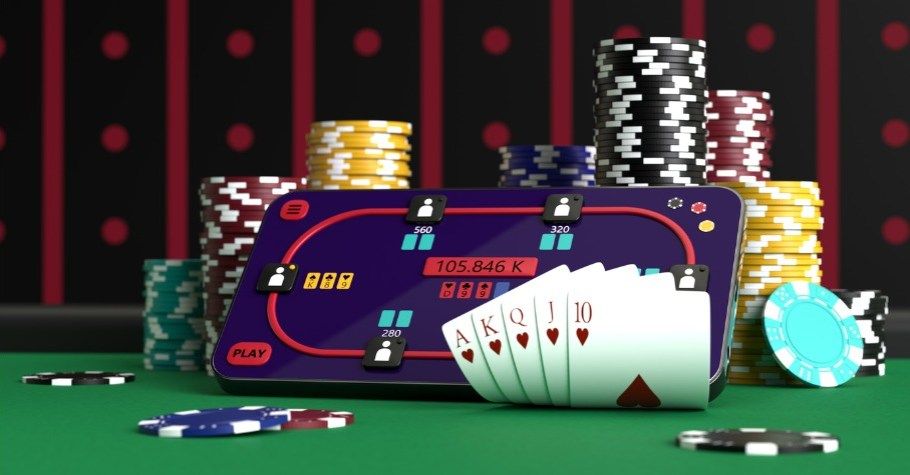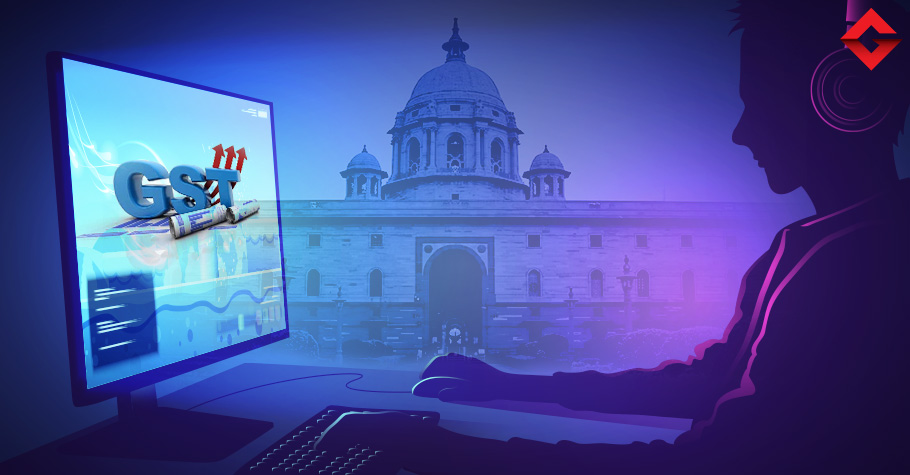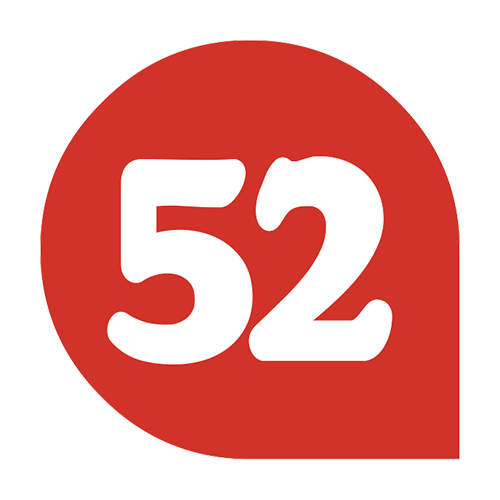 Poker
Poker
Will The 28% GST On Online Gaming Affect Poker?
In India, millions of individuals play skill and chance games on numerous platforms, making online gaming a popular and profitable hobby. However, the taxation of online gambling in India is not straightforward, as different states have varied regulations and rates. The GST Council has voted to impose a standard 28% tax on online gambling, casinos, and horse racing, which has sparked various issues and concerns among industry stakeholders. In this article, we will look at how this decision may effect one of India’s most popular online games, poker.
How Does Online Poker Work?
Poker is a card game that incorporates betting, bluffing, and strategy. On numerous betting sites in India, online poker players can compete against each other or a computer program. Online poker platforms typically charge a fee for hosting games, which is removed from the pot or the players’ profits. This charge is often referred to as rake or commission.
Online poker platforms must also pay taxes to the government on their gaming earnings. The tax rate and tax base differ based on where the platform is registered or where the player is situated. Some states, like Goa, Sikkim, and Nagaland, have licensed and regulated internet poker, while others, including Telangana, Andhra Pradesh, and Tamil Nadu, have outright prohibited it. The situation is murky in most states since existing laws are obsolete and do not address the problem of online poker.
Are Poker Bets Tax-Free?
Poker bets are not tax-free in India. According to the Income Tax Act of 1961, any income from winnings from any game of cards is taxable under Section 115BB at a flat rate of 30%. This means that if a player wins ₹1,000 from a poker game, he or she has to pay ₹300 as income tax to the government. This tax is applicable irrespective of whether the game is online or offline.
However, this tax is only applicable on the net winnings of the player, i.e., after deducting the losses from the same game or any other game during the same financial year. For example, if a player wins ₹1,000 from a poker game but loses Rs. 500 from another game in the same year, he or she has to pay tax only on ₹500 (1,000 – 500), which amounts to ₹150.
Moreover, this tax is only applicable on the winnings that exceed ₹10,000 in a year. For example, if a player wins ₹9,000 from a poker game in a year, he or she does not have to pay any tax on it.
ALSO READ: 28% GST: New Changes Implemented By Online Poker Sites From 1st Oct
How Does The 28% GST Work?
For instance, if a player invests ₹1,000 in an online poker game, they are obligated to remit Rs. 280 as GST to the government, regardless of the outcome. Similarly, if a player spends Rs. 1000 on casino chips or wagers on a horse race, they are liable to prepay ₹280 as GST.
This decision is motivated by the need for uniformity and transparency in the taxation of these activities nationwide, as different states have varied regulations and rates for them. Furthermore, the government’s aim is to curtail tax evasion and augment its revenue from this sector, which boasts an estimated annual value exceeding ₹10,000 crore. The government argues that these activities bear semblance to betting and gambling, which are perceived as vices and social ills warranting significant taxation and discouragement.
Poker and The 28% GST: The Future
The installation of a 28% GST on online gambling has been received with intense opposition and criticism from both players and online poker platform providers. They say that this judgment will harm both the demand and supply sides of the industry.
The long-term impact of this tax on the growth and development of the online poker industry remains to be seen. Some analysts feel that this tax would result in industry consolidation and formalization, since only established and complying businesses will survive. Others argue that the levy will have a negative impact on the sector by creating a black market and a parallel economy for online gaming.
Conclusion
Online gaming is a booming industry in India, but it faces many challenges and uncertainties due to the lack of clear and consistent laws and regulations. The 28% GST on online gaming is one such challenge that has sparked a debate among various stakeholders in India.
While the government claims that this tax will bring uniformity, clarity, transparency, and revenue for the exchequer, the players and operators contend that this tax will harm their interests. Online poker is one of the most popular online games in India, but it may face a bleak future due to this tax. The online poker community will have to adapt and innovate to survive and thrive in this changing scenario.
For more news and updates, keep reading Gutshot Magazine or follow us on our social media handles. We are present on Facebook, Instagram, Twitter, and Telegram.

Gutshot Magazine is India’s leading real money gaming magazine that covers news, updates, previews, highlights, features and much more across verticals like poker, rummy, and fantasy sports. Our rich history that has spanned over a decade now, Gutshot Magazine has always tied up with events and tournaments that have helped push the awareness of skill gaming in the country. If you are looking for the latest updates across real money gaming, then you have arrived at the perfect destination.
More News
Comments
Top 15 Poker Rooms
-
PokerDangal
Deposit with code GSTREFUND
Offer: Get 100% GST discount on deposits Register -
Natural8 India
Sign-up with Gutshot
Offer: 200% bonus up to ₹81,000 on first deposit Register -
Spartan Poker
Sign-up with code "GUTSHOT"
Offer: First deposit bonus up to 300% Register -
Junglee Poker
Sign-up and get bonus
Offer: Up to ₹50,000* Register -
BLITZPOKER
Deposit ₹200 with code 'FTDGSB' for 100% bonus
Offer: Register -
BatBall11 Poker
Sign-up with code GUTSHOT
Offer: Get ₹50 FREE Register -
WinZo Poker
Daily Winnings Up To ₹40 Crore!
Offer: Get ₹550 Joining Bonus For Free Register -
PokerSaint
Sign-up with code "GUT100"
Offer: Get ₹50 FREE (post KYC) Register


























Leave a Reply